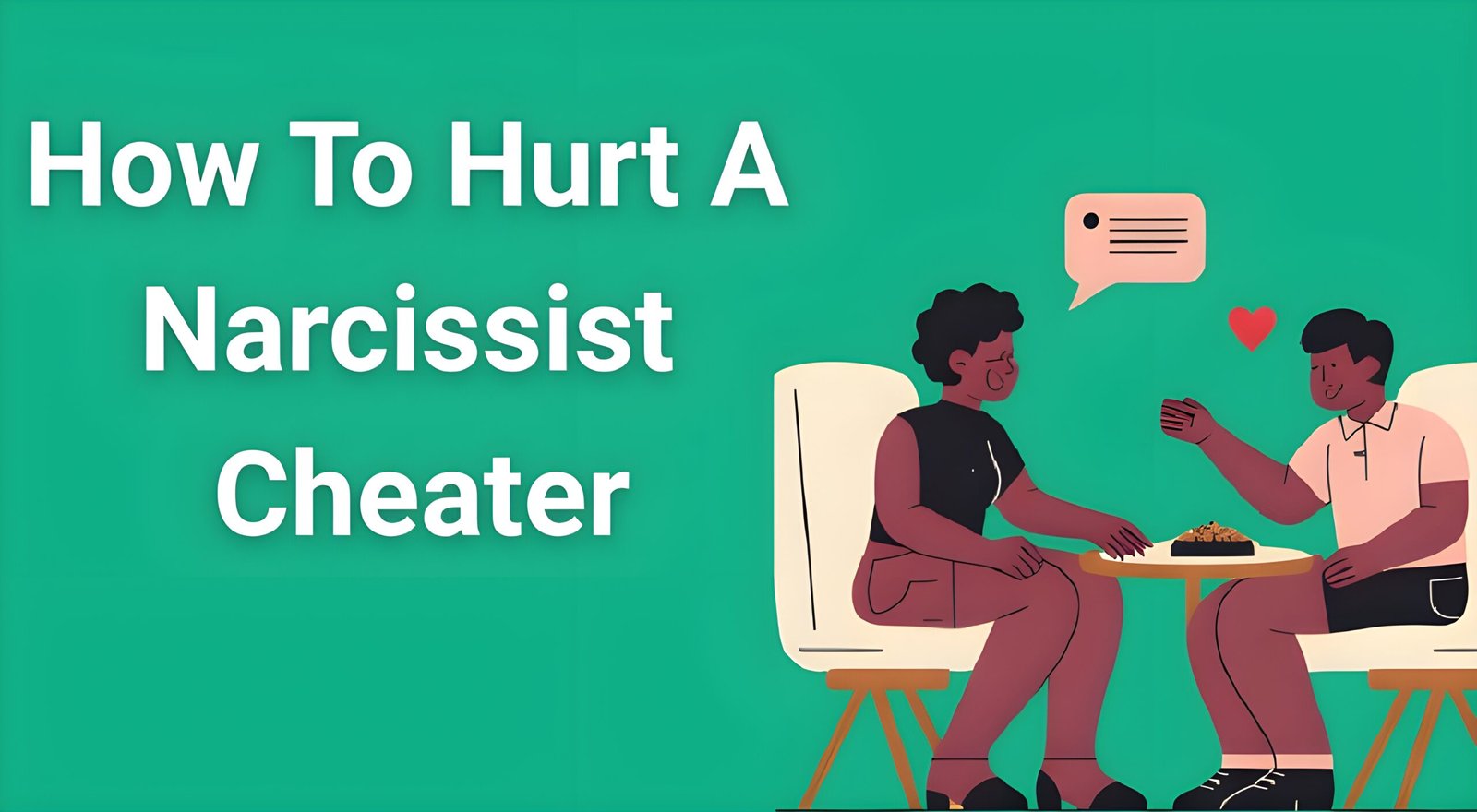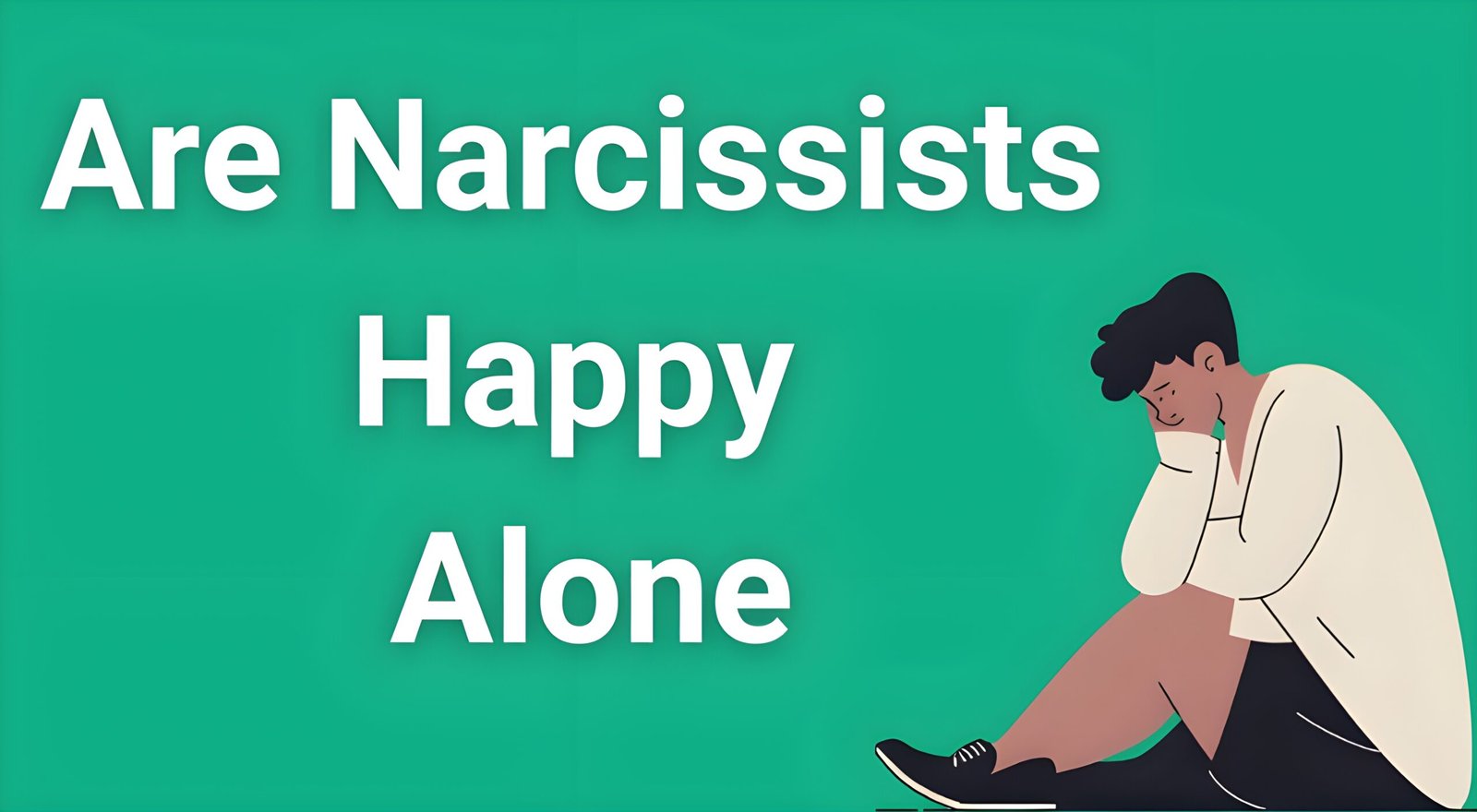Discovering that your narcissistic partner has been cheating feels like the ultimate betrayal. The pain cuts deeper than regular infidelity because narcissists don’t just cheat—they systematically destroy your reality while doing it. You’re left wondering how to hurt a narcissist cheater in a way that actually makes them face consequences for their actions.
- Understanding the Narcissist Cheater’s Psychology
- Why Traditional Approaches Fail with Narcissist Cheaters
- 7 Powerful Strategies to Effectively Respond to a Narcissist Cheater
- The Importance of Professional Support
- Breaking the Trauma Bond
- Protecting Yourself During the Process
- Long-Term Recovery and Prevention
- Frequently Asked Questions
- Conclusion: Reclaiming Your Power and Future
The devastating truth about narcissistic cheating is that it’s never just about sex or attraction. It’s about power, control, and feeding their insatiable need for validation. Understanding this psychology is crucial because traditional approaches to dealing with cheating simply don’t work with narcissists.
Understanding the Narcissist Cheater’s Psychology
Before exploring how to hurt a narcissist cheater effectively, it’s essential to understand what drives their behavior. Narcissistic cheaters operate from a fundamentally different psychological framework than other unfaithful partners.
The Entitlement Complex
Narcissistic individuals believe rules don’t apply to them. They view monogamy as a restriction for “ordinary” people while considering themselves entitled to multiple sources of attention and validation. This sense of superiority makes them justify their cheating as natural and deserved.
The Validation Addiction
Every affair serves a specific purpose: feeding their ego. Narcissist cheaters aren’t seeking better sex or deeper connection—they’re hunting for new sources of narcissistic supply. Each conquest reinforces their grandiose self-image and provides the admiration they crave.
The Compartmentalization Ability
Perhaps most chilling is their capacity to completely separate their actions from consequences. A narcissist cheater can betray you in the afternoon and genuinely believe they’re a loving partner by evening. This emotional compartmentalization allows them to live double lives without experiencing guilt or remorse.
Why Traditional Approaches Fail with Narcissist Cheaters
Most advice about dealing with cheating partners assumes you’re dealing with someone capable of empathy, guilt, and genuine remorse. Narcissist cheaters lack these fundamental emotional responses, making standard approaches not only ineffective but potentially dangerous.
The Empathy Barrier
When you try to explain how their cheating hurt you, narcissists literally cannot process this information. Their brains don’t generate empathetic responses the way healthy individuals do. Your pain doesn’t register as real or important to them.
The Manipulation Escalation
Confronting a narcissist cheater often triggers their defense mechanisms: gaslighting, blame-shifting, and victim-playing. They’ll convince you that their cheating was somehow your fault or that you’re being “too sensitive” about normal behavior.
The Control Obsession
Any attempt to hold them accountable feels like a threat to their control. This can escalate into narcissistic rage, making your situation more dangerous rather than resolved.
7 Powerful Strategies to Effectively Respond to a Narcissist Cheater
These evidence-based approaches focus on protecting yourself while creating natural consequences that actually impact narcissistic behavior patterns.
1. Implement Absolute Information Control
The most effective way to hurt a narcissist cheater is to cut off their access to information about you. Narcissists feed on knowing they can still affect your emotions and decisions.
How to Execute:
- Stop sharing details about your daily life, feelings, or future plans
- Become completely unpredictable in your responses
- Never reveal whether their behavior affects you emotionally
- Create an information vacuum around your personal life
This strategy works because narcissists need to know they still have power over you. When you become a mystery, it creates anxiety and powerlessness they can’t manipulate away.
2. Master the Art of Strategic Indifference
Nothing devastates a narcissist cheater more than genuine indifference. They expect anger, tears, or desperate attempts to win them back. Indifference suggests they’ve lost all power over you.
Strategic Implementation:
- Respond to their attempts at contact with neutral, business-like communication
- Show no emotional reaction to their provocations or updates about their life
- Treat them like an acquaintance you’re mildly annoyed by, not someone who once held your heart
- Focus your emotional energy completely elsewhere
This approach is particularly powerful because it directly contradicts their narcissistic belief that they’re irreplaceable and unforgettable.
3. Establish Iron-Clad Boundaries with Immediate Consequences
Unlike healthy individuals who can understand and respect boundaries, narcissist cheaters only respond to immediate, unavoidable consequences.
Boundary Framework:
- Create clear rules about what behavior you will and won’t tolerate
- Attach specific consequences to each boundary violation
- Execute consequences immediately without discussion or warning
- Never make exceptions or provide second chances
For example, if they contact you inappropriately, the consequence might be blocking them on all platforms for 30 days. If they show up unannounced, the consequence is calling the police. The key is swift, consistent enforcement.
4. Document Everything for Future Protection
Narcissist cheaters often escalate their behavior when they realize they’re losing control. Protecting yourself legally and emotionally requires meticulous documentation.
Documentation Strategy:
- Screenshot all text messages, emails, and social media interactions
- Keep a detailed journal of their behavior patterns and violations
- Save evidence of financial infidelity or hidden assets
- Record any threats or attempts at intimidation
This documentation serves multiple purposes: it validates your reality (countering gaslighting), provides legal protection, and gives you concrete evidence of their pattern of deception.
5. Build an Impenetrable Support Network
Narcissist cheaters often isolate their victims from friends and family to maintain control. Rebuilding your support network is both healing and strategically powerful.
Network Building Steps:
- Reconnect with friends and family you may have lost touch with
- Join support groups for narcissistic abuse survivors
- Work with a therapist who understands narcissistic behavior patterns
- Create new relationships that aren’t contaminated by the narcissist’s influence
A strong support network provides reality checks, emotional validation, and witnesses to the narcissist’s behavior—all things that threaten their carefully constructed false image.
6. Expose Their False Image Strategically
Narcissists invest enormous energy maintaining their public persona. Strategic exposure of their true behavior can be devastatingly effective, but it must be done carefully.
Strategic Exposure Guidelines:
- Focus on facts, not emotions or interpretations
- Share information with people who matter to the narcissist’s reputation
- Let their own actions speak rather than making accusations
- Protect yourself legally by sticking to verifiable truth
Remember, the goal isn’t revenge—it’s allowing natural consequences to occur when their mask slips.
7. Thrive Visibly and Authentically
Perhaps the most powerful long-term strategy is to genuinely heal and build a life that demonstrates their irrelevance to your happiness.
Thriving Framework:
- Invest in personal growth and healing
- Pursue goals and dreams you may have abandoned
- Build new relationships based on mutual respect and genuine connection
- Share your growth journey (when safe to do so) as inspiration for others
When a narcissist cheater sees you thriving without them, it challenges their core belief that they were the best thing in your life. Your success becomes evidence of their replaceability.
The Importance of Professional Support
Dealing with a narcissist cheater is not a journey you should navigate alone. The psychological manipulation and emotional trauma require specialized understanding and support.
When to Seek Professional Help
Consider working with a trauma-informed therapist who understands narcissistic abuse if you’re experiencing:
- Difficulty trusting your own perceptions or memories
- Overwhelming feelings of confusion, anger, or despair
- Physical symptoms like insomnia, anxiety, or depression
- Inability to make decisions about your future
- Compulsive behaviors related to checking up on your ex-partner
Specialized Resources for Recovery
Many survivors find that traditional relationship counseling doesn’t address the unique challenges of narcissistic abuse. Look for professionals who specifically understand trauma bonding, gaslighting, and the recovery process from psychological manipulation.
For those seeking immediate clarity about their situation, a Narcissistic Abuse Clarity Report can provide expert analysis of your specific circumstances, helping you understand exactly what you’re dealing with and what steps to take next.
Breaking the Trauma Bond
One of the most challenging aspects of dealing with a narcissist cheater is overcoming the trauma bond—the psychological attachment that keeps you connected despite the abuse.
Understanding Trauma Bonding
Trauma bonds form when someone alternates between cruelty and kindness, creating an addictive cycle similar to drug dependency. Your brain becomes chemically dependent on the relief that comes after periods of stress and anxiety.
Signs You’re Trauma Bonded
- Obsessively checking their social media despite the pain it causes
- Making excuses for their behavior to friends and family
- Feeling unable to leave despite knowing you should
- Experiencing physical withdrawal symptoms when you try to stay away
- Believing that if you just change something about yourself, they’ll stop cheating
Breaking Free from the Addiction
Recovery from trauma bonding requires understanding that willpower alone isn’t enough. You’re dealing with neurological addiction that needs systematic intervention.
A structured approach like the 30-Day Trauma Bond Recovery Workbook can provide daily exercises and strategies specifically designed to rewire your brain’s response patterns. This science-based system helps thousands of survivors break free from the psychological chains that keep them attached to toxic partners.
Protecting Yourself During the Process
As you implement these strategies, remember that narcissist cheaters often escalate their behavior when they feel they’re losing control. Your safety—physical, emotional, and financial—must be your top priority.
Safety Planning Essentials
- Secure your financial assets and personal information
- Change passwords on all accounts and devices
- Inform trusted friends and family about your situation
- Document any threats or escalating behavior
- Consider legal consultation if you’re married or have shared assets
- Have a plan for safe housing if you’re currently living together
Emotional Protection Strategies
- Limit communication to written forms when possible
- Never meet in private or isolated locations
- Practice grounding techniques for moments of weakness
- Remember that their behavior will likely get worse before it gets better
- Trust your instincts about safety concerns
If you’re in a situation where you can’t leave immediately—due to finances, children, or other constraints—focus on building internal resources and safety strategies. The guide “How to Survive When You Can’t Leave Yet” offers specific tactics for protecting your mental health and building escape plans while still in the relationship.
Long-Term Recovery and Prevention
Successfully dealing with a narcissist cheater isn’t just about ending the relationship—it’s about healing from the trauma and building immunity against future manipulation.
Healing the Core Wounds
Narcissistic abuse often targets your deepest insecurities and vulnerabilities. Recovery requires:
- Rebuilding your sense of identity separate from the relationship
- Healing attachment wounds that made you vulnerable to manipulation
- Developing strong boundaries and red-flag recognition skills
- Processing the grief of losing who you thought this person was
Building Future Immunity
- Learn to recognize narcissistic traits early in relationships
- Trust your gut reactions to people’s behavior
- Maintain your independence and support network in future relationships
- Continue therapy or personal growth work as needed
- Practice self-compassion as you navigate the healing process
Frequently Asked Questions
Q: Will these strategies actually hurt a narcissist, or will they just ignore me? A: These strategies work because they attack the narcissist’s core vulnerabilities: their need for control, attention, and admiration. While they may pretend indifference, loss of narcissistic supply and public image threats genuinely distress them.
Q: How long does it take to see results from these approaches? A: Some strategies (like information control and indifference) can create immediate anxiety in narcissists. However, lasting change in your situation typically takes 3-6 months of consistent implementation.
Q: Is it safe to expose a narcissist’s behavior publicly? A: Only expose verifiable facts and prioritize your safety. Some narcissists become dangerous when their image is threatened. Consider legal consultation before public exposure.
Q: What if we have children together and I can’t go completely no-contact? A: Focus on “gray rock” communication—boring, factual, and minimal contact. Document everything and use parenting apps that create communication records.
Q: How do I know if I’m dealing with a true narcissist or just a regular cheating partner? A: Look for patterns of gaslighting, lack of genuine remorse, victim-playing when confronted, and a history of manipulative behavior beyond just the cheating.
Q: Will they ever realize what they’ve lost and try to come back? A: Narcissists often attempt “hoovering” (trying to suck you back in) when they realize you’re truly moving on. This isn’t genuine change—it’s an attempt to regain control.
Conclusion: Reclaiming Your Power and Future
Learning how to hurt a narcissist cheater isn’t about revenge—it’s about creating natural consequences that protect you while building a life they cannot touch or control. The strategies outlined here focus on the only thing that truly impacts narcissistic behavior: removing their sources of power and supply.
Remember that your healing journey is not about them—it’s about reclaiming your authentic self, building genuine relationships, and creating a future where their manipulation cannot reach you. The pain they caused was real, but it does not define your worth or limit your potential for happiness.
Every day you implement these strategies is a step toward freedom. Every boundary you maintain is an act of self-love. Every moment you invest in your own growth is proof that they did not break you—they revealed your strength.
The path forward isn’t easy, but it’s yours to walk. And unlike the false promises and manipulations you’ve endured, the peace and authentic connection waiting for you on the other side is real, lasting, and genuinely yours to keep






